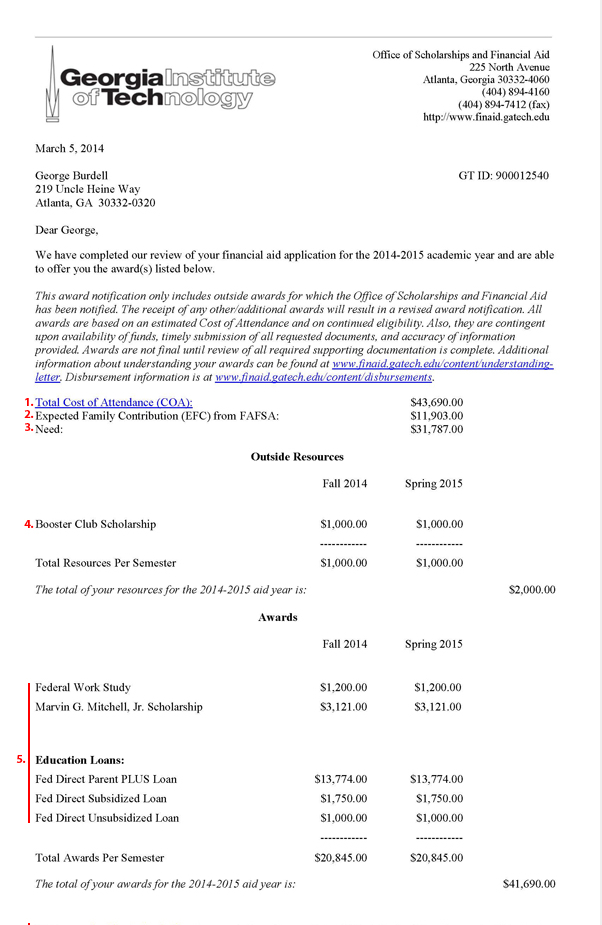 Today’s top story: What parents and students need to know about financial aid. Also in the news: Using your smartphone or tablet to clean up your finances, tax tips for procrastinators, and what to do when your teenager has become a financial disaster.
Today’s top story: What parents and students need to know about financial aid. Also in the news: Using your smartphone or tablet to clean up your finances, tax tips for procrastinators, and what to do when your teenager has become a financial disaster.
Eight Financial Aid Secrets That Parents And Students Need To Know
What you need to know before filling out the FAFSA.
12 Powerful Ways Data Can Help Clean Up Your Finances
Putting your smartphones and tablets to work.
6 tax tips for procrastinators
Tick-tock.
Help! My Teen is a Money Monster
What to do when your kid is out of financial control.
How to Budget For Health Care Expenses in Retirement
Health care expenses will eat up a significant part of your retirement savings.



